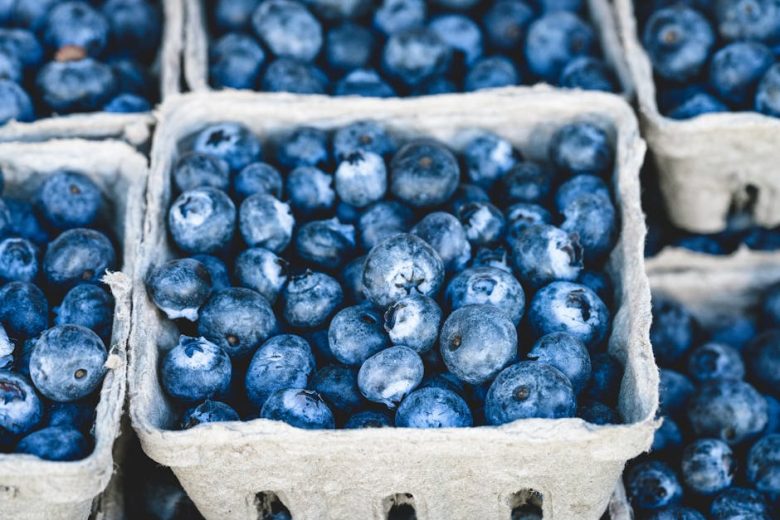In a world often dominated by chaos and negativity, the simple act of kindness can feel like a whisper in a storm. Yet, this whisper holds the power to create ripples that can transform lives, heal wounds, and foster communities. Imagine a day where every person you encounter greets you with a smile, offers a helping hand, or shares a kind word. It sounds utopian, but the potential for such a reality begins with the small, everyday acts of kindness that often go unnoticed.
The science behind kindness reveals a profound truth: it is not only beneficial for the recipient but also for the giver. Studies have shown that engaging in acts of kindness releases oxytocin, the “love hormone,” which promotes feelings of happiness and connection. This biological response underscores the idea that kindness is more than just a moral obligation; it is a pathway to personal well-being. As we explore the impact of kindness, we begin to see that it is a dynamic force capable of bridging divides and fostering understanding in an increasingly polarized world.
One of the most striking aspects of kindness is its contagious nature. When one person acts kindly, it inspires others to follow suit. This phenomenon is often referred to as the “kindness contagion.” A simple act, such as holding the door open for someone or paying for a stranger’s coffee, can spark a chain reaction. Research has indicated that witnessing an act of kindness increases the likelihood of others engaging in similar behavior. This creates a ripple effect that can spread through communities, leading to a more compassionate society.
However, the power of kindness is not limited to personal interactions; it can also manifest on a larger scale through community initiatives and social movements. Organizations around the world harness the power of kindness to address pressing social issues, such as poverty, hunger, and mental health. For example, programs that encourage volunteerism and community service not only provide essential support to those in need but also cultivate a sense of belonging and purpose among volunteers. These initiatives remind us that kindness can be a collective effort, amplifying its impact and creating a more just world.
Despite the overwhelming evidence of kindness’s benefits, there are still barriers that prevent many individuals from fully embracing this powerful practice. Fear of vulnerability, societal expectations, and personal insecurities can all inhibit our ability to act kindly toward others. Furthermore, in a world where negative news often dominates headlines, it can be easy to become disillusioned and overlook the positive stories of kindness that abound. Yet, it is precisely during these challenging times that kindness becomes even more crucial. By choosing to be kind, we not only uplift those around us but also reclaim our own sense of hope and humanity.
As we reflect on the hidden power of kindness, it is essential to recognize that every small act contributes to a larger tapestry of compassion. Each time we choose kindness over indifference, we take a step toward healing the fractures in our society. While the challenges we face may seem daunting, the potential for positive change lies within each of us.
In a world that often feels divided, let us remember that kindness is a universal language spoken by all. It is an invitation to connect, to understand, and to build a brighter future together. The next time you find yourself in a position to be kind, seize the opportunity. You never know how that single act may change someone’s day—and perhaps even their life. Together, through kindness, we can create a world filled with hope, compassion, and unity.



